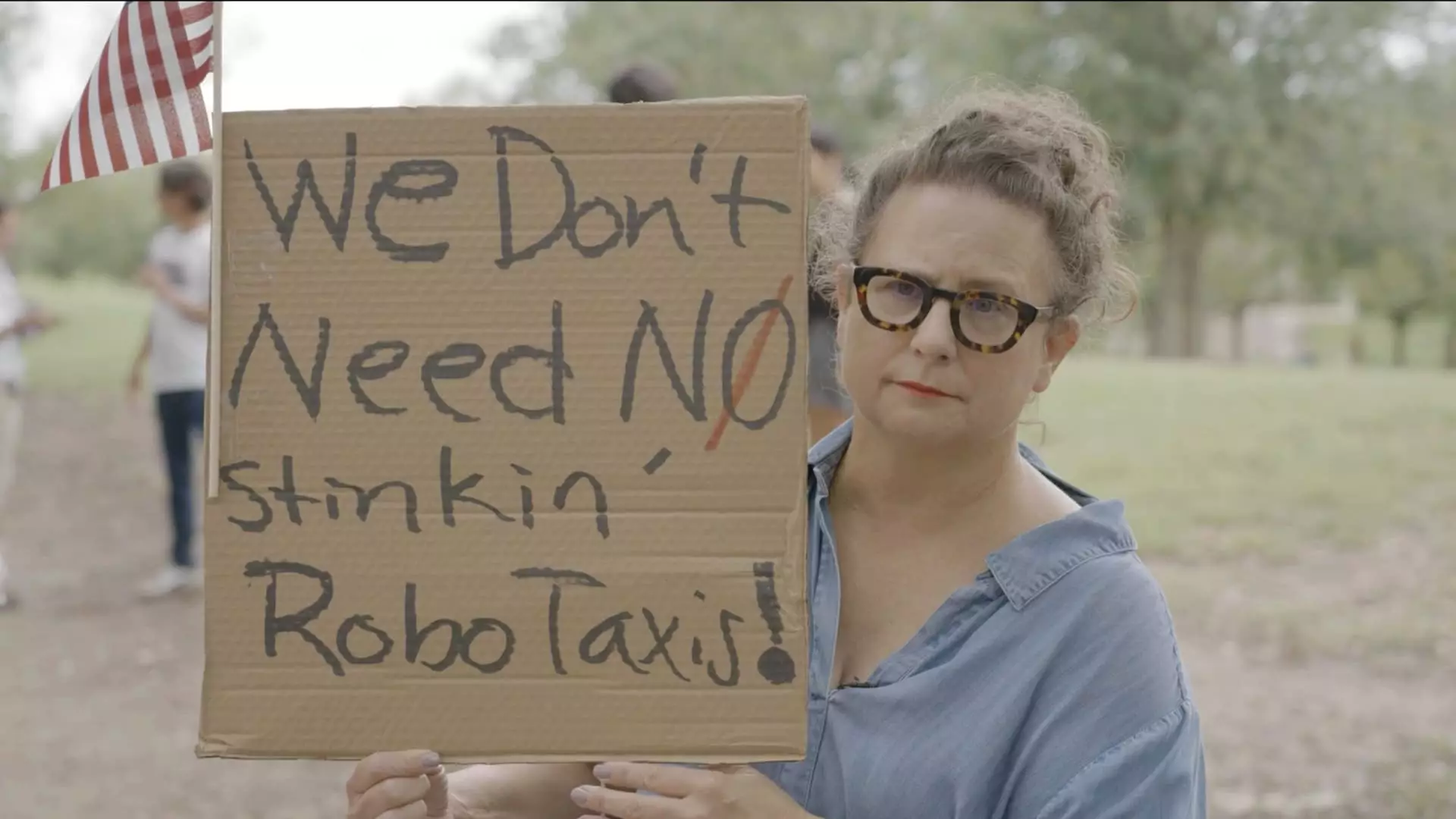As anticipation surrounding the launch of Tesla’s pilot robotaxi service builds, so too does the fervor of opposition. Elon Musk has earmarked June 22 as the initiation date for this highly touted service in Austin, Texas. However, public safety advocates and political activists are rallying against what they perceive as a recipe for disaster. In a vibrant display of dissent, groups such as the Dawn Project, Tesla Takedown, and Resist Austin gathered in downtown Austin to voice their objections. Their concerns primarily center around the safety implications of Tesla’s expanded automated driving technology, particularly given the unfortunate history of accidents linked to Tesla’s partially automated systems.
The Safety Record in Question
Tesla’s vehicles offer both a standard Autopilot feature and a more advanced Full Self-Driving (FSD) option, yet these innovations come with a troubling backstory. Data from the National Highway Traffic Safety Administration (NHTSA) reveals that Tesla’s cars, equipped with these advanced driving aids, have been implicated in numerous accidents, including fatalities. The troubling question that arises is whether the excitement generated by advances in technology overshadows the pressing need for safety and regulatory scrutiny. Critics argue that relying on automated systems when their safety records are less than stellar could endanger lives on the road.
Demonstrations of Danger
Recently, the Dawn Project took a bold approach to illustrate their point. They staged a demonstration in which a Tesla equipped with the latest FSD software allegedly sped past a school bus stop sign, tragically running over a child-sized mannequin placed in its path. These demonstrations are not mere sensationalism; they aim to shine a light on what activists fear could be a series of catastrophic accidents if the technology is rolled out without thorough safety checks and transparent communication. Dan O’Dowd, the CEO of the Dawn Project, has positioned himself against Tesla’s FSD technology, arguing that the technology is not yet ready for public roadways.
Public Sentiment and Trust Issues
The protests not only highlight safety issues but also tap into a deeper sentiment regarding Elon Musk’s political contributions and influence. Many citizens feel uneasy about the intertwining of technological advancement and political agendas, particularly Musk’s affiliations with controversial political figures. Stephanie Gomez, a protest attendee, articulated a lack of trust in Tesla’s safety standards and called for increased transparency around the operational capabilities of the proposed robotaxi fleet. The crux of her argument illustrates a wider discontent; the technological rush driven by Musk may be at odds with the fundamental tenets of public safety.
The Path Forward
As the June launch date looms, Tesla finds itself navigating a dual-edged sword—on one side, the allure of cutting-edge innovation and on the other, the imperative of ensuring public safety. With growing tensions and vocal opposition from activists, it remains to be seen whether Musk will heed the warnings being voiced or prioritize the rapid rollout of his groundbreaking technology. The spotlight now shines brightly on the city of Austin as it prepares to become a testing ground for one of the most ambitious automated vehicle projects to date, raising a pivotal question: Can innovation coexist with safety in a realm where the stakes are unimaginably high?

